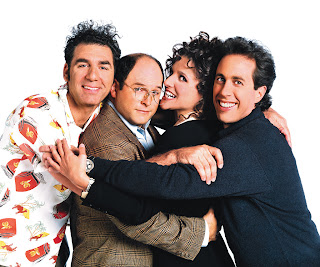In class Oral presentation-
Pick a clip, roughly 2 minutes,
from a film, music video, TV show... anything really- that has had some sort of
impact or influence on you. Then talk about why it had an impact on you.
I think post production is ace.
So I guess it makes sense to talk about my first conscious realisation of that
fact.
Jump back in time to December
1999.
I had just started skateboarding, and what comes with that, is watching
an obscene amount of skateboard videos.
While they were great to watch,
the production lacked style and creativity.
For the average skate video, post
production went a little something like this- import your footage- cut it- drop
it in the time line- slow motion on a few tricks- add music track- export.
The style and aesthetic at that
point in time was very simple, and every video kind of looked the same. Nobody
really complained, they were just happy to see some skateboarding. But it was
around this time that Transworld Skateboarding Magazine decided to start
producing videos as well; The thing that would set them apart (and ultimately
raise the bar for all future skate video productions) was that they were going
to adopt cinematic principles, from preproduction right through to
postproduction.
With more planning and consideration gone into shooting methods (lens type, camera angles etc.), this was already a big leap from the older method of just shooting from wherever was convenient, with whatever equipment you had with you. A lot more coverage of the environment was also shot, which would become crucial in what was to be the biggest change of all- post production.
Utilising all of the extra
footage that was planned in preproduction, film makers now had the chance to
edit thematically. In the example I gave in class (Transworld's First Love),
the concept of passion for the sport is depicted using segments of voice overs
from interviews of the featured riders. The actual footage of the urban
environment is coupled with the skateboarding clips to edit to the beat of the
music.
Gone are the days of shooting interviews in the kitchen with the cameras internal mic.
This element had an immediate
impact on me, and how I perceived what was possible with post production.
Having always been interested in the actual process of filming when my friends
and I were skating on the weekends, I started to try to emulate the Transworld
video productions- paying special attention to editing clips to the beat of the
music.
I think the biggest thing i took
away from these videos as a kid is that there is no right or wrong way to edit.
If 200 editors working independantly are all given the same lot of footage and told "here, cut
this together", you are going to get 200 different results. There may not
be right or wrong, but just like any art form, some results are going to be
more aesthetically pleasing than others- and it takes a whole lot of planning,
instinct, and trial and error to get the best result.





